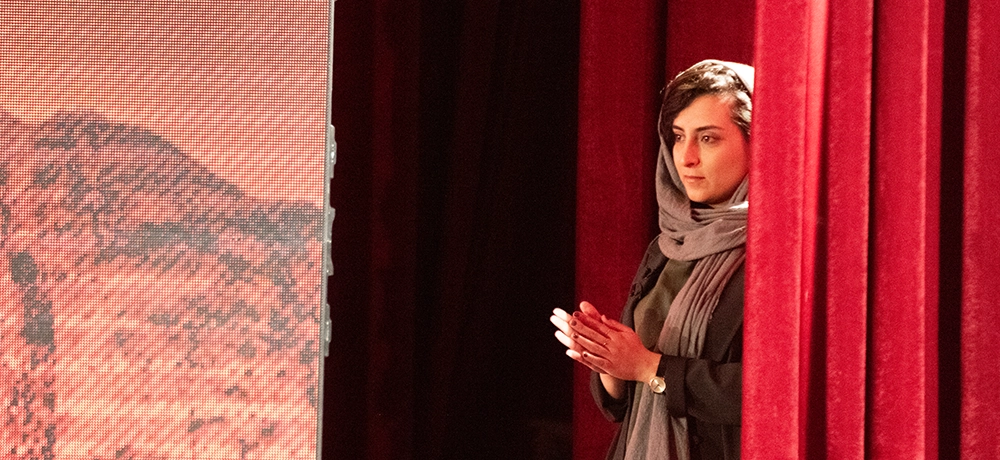
Samira Hashemi
In this talk, Samira Hashemi transforms her personal encounter with urban spaces — particularly Tehran’s Azadi Stadium — into an opportunity to rethink our relationship with the city. She recounts the moment she entered this vast public space for the first time, only to realize how distant or indifferent she had been to it for years. That lived experience became a turning point: no longer just an outside observer, she found herself immersed in the space, gaining a new understanding of urban life and the hidden meanings embedded within it.
Hashemi emphasizes that the everyday, lived experiences of people in urban environments are often overlooked by formal or expert-driven narratives. She argues that the city cannot be fully understood through technical perspectives alone — we must also hear the voices of those who live in it, who shape it through daily interaction.
At the heart of Hashemi’s talk is the idea of reclaiming lived experience as a vital source of awareness and social power. Referring to a city-focused magazine project she co-founded, she highlights how grassroots narratives can become a collective force for shaping and even correcting urban policy. Major decisions — like where to build a bridge or a hospital — profoundly affect people’s everyday lives, often without their knowledge or input.
For Hashemi, reclaiming these voices is not just a cultural act, but a deeply political and social one — a means of redefining power dynamics in our cities. Her message is a call for inclusive participation: that every individual, regardless of expertise, has both the right and the ability to influence the urban spaces they inhabit. And this participation, she asserts, is key to building more livable, responsive cities.